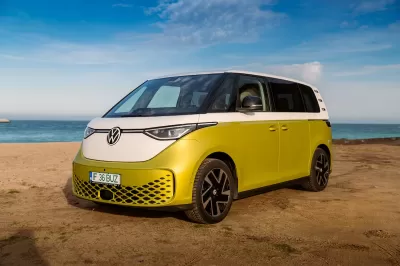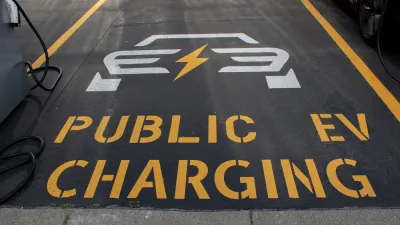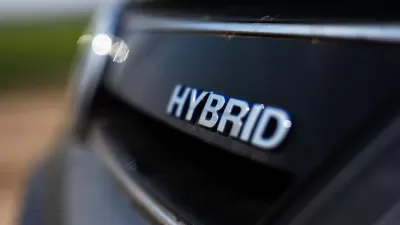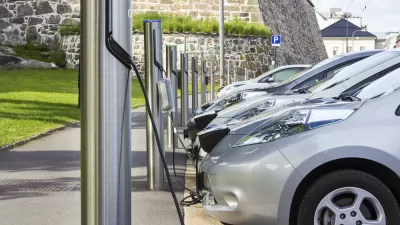Volkswagen’s ID. Buzz reimagines its iconic Bus as a fully electric minivan, blending retro design with modern technology, a 231-mile range, and practical versatility to offer a stylish yet functional EV for the future.

Volkswagen has reimagined its Type 2 “Bus” for the modern era with the fully electric ID. Buzz, blending retro charm with cutting-edge technology. This EV pays homage to the counterculture icon of the 1960s, which has since appeared in countless films and TV shows, cementing its place in pop culture. While the ID. Buzz embraces nostalgia, it is also a bold step toward Volkswagen’s electric future, featuring playful design elements like classic looped entry straps and whimsical brake and accelerator pedal symbols inspired by video controls.
Beyond its nostalgic appeal, the ID. Buzz offers an EPA-rated 231-mile range, dual-motor all-wheel drive, and a price tag of $71,545 for the 1st Edition model, with more affordable versions on the way. Its large windows and elevated seating position provide a panoramic driving experience reminiscent of classic VW buses, making it a standout in the EV market. Volkswagen has been praised for introducing a uniquely stylish and functional electric vehicle that blends practicality with personality.
Despite its vintage aesthetic, the ID. Buzz is, at its core, a minivan—albeit a stylish and unconventional one. While minivans have long been considered practical but uncool, this electric VW might just change that perception, making it the most sought-after vehicle in school drop-off lanes and soccer field parking lots. Although its second-row seats aren’t removable like traditional minivans, the ID. Buzz’s combination of versatility, electric efficiency, and nostalgic charm ensures it will remain a compelling choice long after the novelty wears off.
FULL STORY: Volkswagen's new ID. Buzz turns iconic car into electric vehicle

Alabama: Trump Terminates Settlements for Black Communities Harmed By Raw Sewage
Trump deemed the landmark civil rights agreement “illegal DEI and environmental justice policy.”

Planetizen Federal Action Tracker
A weekly monitor of how Trump’s orders and actions are impacting planners and planning in America.

The 120 Year Old Tiny Home Villages That Sheltered San Francisco’s Earthquake Refugees
More than a century ago, San Francisco mobilized to house thousands of residents displaced by the 1906 earthquake. Could their strategy offer a model for the present?

LA’s Tree Emergency Goes Beyond Vandalism
After a vandal destroyed dozens of downtown LA trees, Mayor Karen Bass vowed to replace them. Days later, she slashed the city’s tree budget.

Sacramento Leads Nation With Bus-Mounted Bike Lane Enforcement Cameras
The city is the first to use its bus-mounted traffic enforcement system to cite drivers who park or drive in bike lanes.

Seattle Voters Approve Social Housing Referendum
Voters approved a corporate tax to fund the city’s housing authority despite an opposition campaign funded by Amazon and Microsoft.
Urban Design for Planners 1: Software Tools
This six-course series explores essential urban design concepts using open source software and equips planners with the tools they need to participate fully in the urban design process.
Planning for Universal Design
Learn the tools for implementing Universal Design in planning regulations.
Ada County Highway District
Clanton & Associates, Inc.
Jessamine County Fiscal Court
Institute for Housing and Urban Development Studies (IHS)
City of Grandview
Harvard GSD Executive Education
Toledo-Lucas County Plan Commissions
Salt Lake City
NYU Wagner Graduate School of Public Service





























